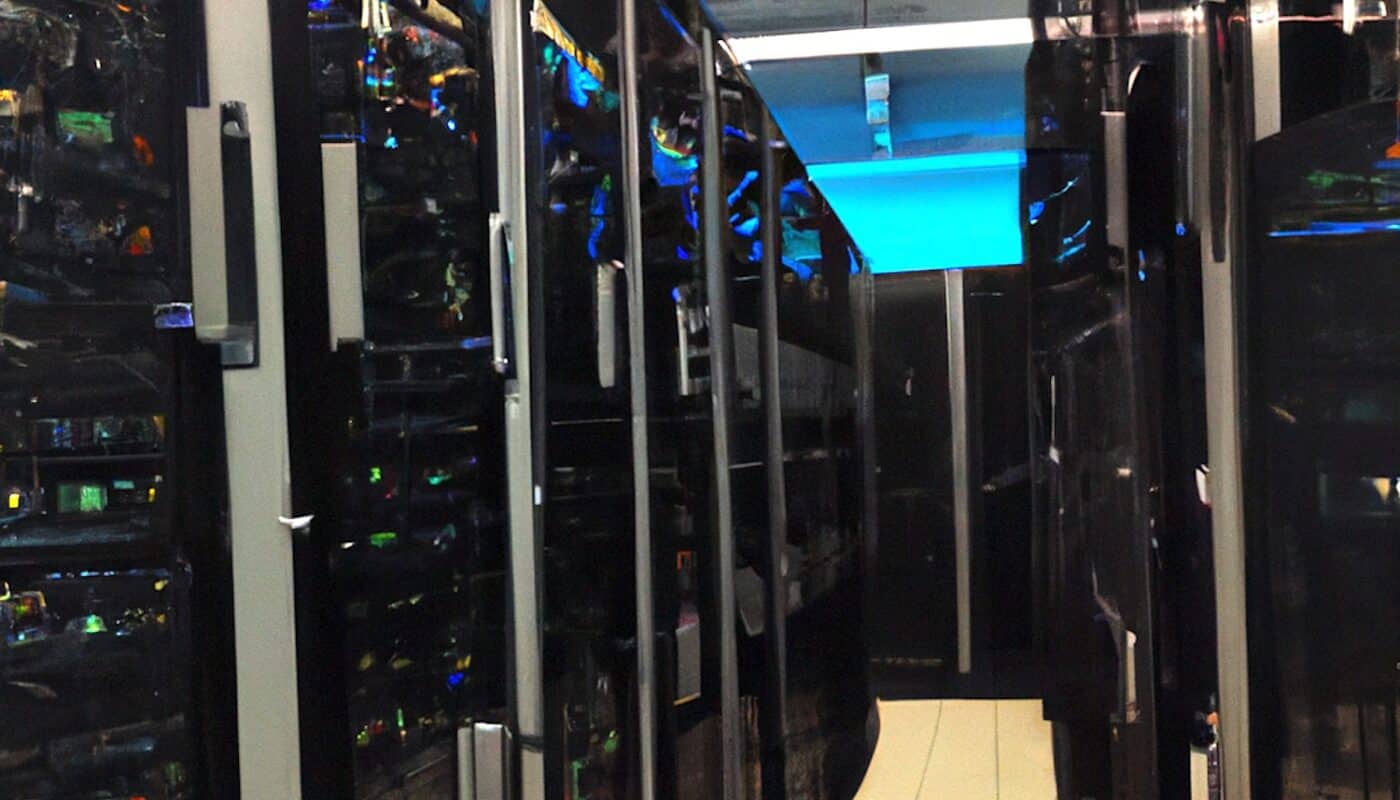In a world where artificial intelligence (AI) continues to develop at a breakneck pace, one organization stands out for its ambitious AI vision and goals. OpenAI is a non-profit company that aims to create AI that benefits all of humanity. Its objectives are clear and forward-looking, with the aim of ensuring that this technology evolves in a safe and responsible manner.
Safe and long-term deployment of artificial intelligence
The main objective ofOpenAI is to develop a general artificial intelligence (GAI), capable of performing all the cognitive tasks that a human being can perform. However, the organization’s mission does not end there. It also aims to ensure that this RTI is used for the well-being of all, avoiding harmful or concentrated applications in the hands of a few.
Safety first
To achieve this, OpenAI places a premium on AI security. The organization is committed to conducting research to make RTI safe and to promoting the adoption of these practices by the broader scientific and technical community. Cooperation with other research centers and institutions is essential to share knowledge and advances in the field of security.
Contribution to society as a whole
OpenAI is also committed to using its findings and accomplishments to help other organizations or projects that serve the public interest. This includes, for example, providing resources and training materials to researchers, as well as facilitating collaborations between different research groups.
A cooperative and open approach
Another fundamental goal of OpenAI is to foster a cooperative approach with other institutions, working together on AGI-related problems. For this, the organization relies on :
- Cooperation: OpenAI aims to create an international network of research centers and institutions working together to address the challenges posed by AI.
- Openness: by publishing its research and results, OpenAI contributes to the advancement of collective knowledge and encourages collaboration among industry players.
- Knowledge sharing: OpenAI strives to stay at the forefront of AI research and to share this expertise with other organizations to enrich and strengthen the skills of the broader scientific community.
Creating an ecosystem conducive to the development of AI
In this perspective, OpenAI intends to actively contribute to the creation of an ecosystem favorable to the development of AI, by encouraging collaborations and partnerships with actors from around the world. In this way, they will be able to better anticipate and address the societal impacts of AI and ensure that this technology benefits everyone.
The application areas of artificial intelligence developed by OpenAI
OpenAI is working on several AGI-related projects that directly or indirectly impact different facets of society:
- Education: AI can facilitate learning and teaching by providing more effective and personalized educational tools.
- Health: AI is capable of improving medical diagnosis and finding innovative treatments for various diseases.
- Economy: the use of AI in different economic sectors can create new job opportunities and improve industrial and business processes.
- Environment: AI can play a key role in the fight against climate change by helping to develop sustainable and environmentally friendly solutions.
- Justice and human rights: the use of AI can help strengthen democracies and protect human rights, including freedom of expression, non-discrimination and equality.
In summary, OpenAI’s goals are ambitious and forward-looking. The organization aims to develop a general artificial intelligence beneficial to all humanity, with an emphasis on security, cooperation and knowledge sharing among the players in the sector. To achieve these goals, OpenAI works on projects that have a direct or indirect impact on various areas of society, such as education, health, economy, environment and human rights.











